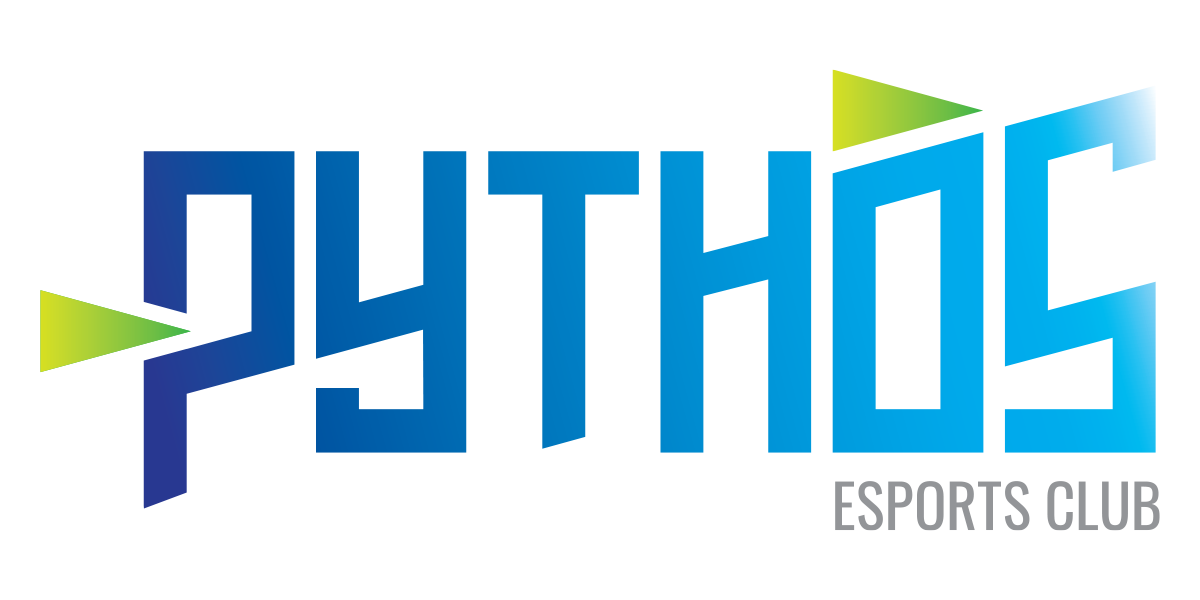08 Jul PGL CEO Silviu Stroie: Keeping esports independent
(ESI Illustration) Pictured: Silviu Stroie. Image credit: PGL / Silviu Stroie
PGL is a name dearly familiar to FPS and MOBA fans alike. The Bucharest-born company is making headlines more than ever before in its twenty-something year history, thanks to its hosting of two consecutive CS:GO Majors on top of The International.
Silviu Stroie, CEO of PGL, sat down with Esports Insider in the days leading up to PGL’s highly-anticipated 2022 Antwerp CS:GO Major, which came to a close in late May. Stroie has been at the helm of PGL since the early 2000’s, and has also held various leadership positions at the International Esports Federation (IESF).
Having left esports association work firmly and emphatically behind, Stroie is now fully focused on the challenges and opportunities of PGL, one of the largest remaining independent tournament organisers in the industry.
Interview: ESL FACEIT Group co-CEOs on an industry-defining deal
NIP’s Jonas Gundersen: The COO waking up a ‘sleeping giant’
One of the few
According to Stroie, after ESL and FACEIT were bought by Savvy Gaming Group in early 2022, PGL — alongside BLAST — remained one of the few tournament organisers (TO’s) in esports that has not receive investments, has bootstrapped from the ground up, and is still private.
In the late nineties, Romania saw an internet revolution of sorts, with a country-wide shift to fibre optic internet that now sees the country boast impressive metrics for internet speed. The small land mass and relatively low number of people, together with the shift towards fast internet, also fueled a rise in internet cafes where people played competitive games.
In the early days, a group of people that would eventually go on to form PGL tried to organise tournaments to take advantage of the new boom in gaming. Things snowballed from there.
“I think we gave up on all of our initial dreams and goals in 2012,” Stroie told Esports Insider. “We realised that we have to do something on a much larger, global scale, and now we’re at a position where we can deliver broadcasts and events around the world. This is what we started working on in 2013 or 2014, and we have been doing that every year since.”
Three decades of industry experience have equipped Stroie with three main takeaways, he said. First, esports has become globally popular, which was not the case in the late nineties. Second, the most important thing you can do to thrive in the esports industry is to deliver on time and build relationships based on trust. The third and final lesson, is that there is always time to learn and be humble.
Image credit: PGL
Fed up with federations
Stroie spent almost a decade at the International Esports Federation (IESF). Starting as a country representative in 2009, he left the position of President in 2019, deciding his time was better served focusing on his own company.
“I actually stopped believing that esports on a national level is something that will ever take place. Because in my entire career, there have been very few teams that can put together a team based on nationality,” Stroie said, a controversial claim but one served well by FaZe Clan’s international roster winning PGL’s own CS:GO Antwerp Major.
“Right now, all the big teams, regardless of the game, they are formed of people from various countries. We’re in a digital world, and I gave up on the idea of having just players from this or that country and so on.”
Stroie met a lot of people trying to make that happen in his career. Most of them did not understand esports, he said, and claimed they had ulterior motives for their participation in esports federations and associations.
Image credit: PGL
“I don’t think esports federations have a future. Not now, not in five years, and not in 10 years,” Stroie remarked before contentiously adding that, in his opinion, around 90% of people tied to organisations are “not doing anything besides meeting and signing memorandums and taking pictures.”
A controversial stance, but Stroie’s lengthy tenure with the IESF carries a certain weight. The largest gripe with the federations for Stroie comes from the fact that he did not see enough actual work done. The issue for him is that many people who participate in associations, in his opinion, are simply inexperienced and are not contributing in a meaningful way.
“Everybody is looking for an angle, how to control this and put in place some kind of licence fee for companies like PGL and others. There are already a couple countries in which this will happen, which is very surprising to me.
“I don’t think this has any future because at the end of the day, power stays with publishers and not with a local body from a country that is going to say ‘if you want this, you have to come to me and get my licence’. It doesn’t work like that.”
Consolidation is unavoidable
With Stroie’s diatribe against esports federations out of the way, the conversation switched to the elephant in the room; consolidations in esports.
“There has been this massive consolidation in the [esports] world and now I don’t think there are more than five big organisers.” said Stroie. In his opinion, there are perhaps three to four big names that can deliver large events anywhere in the world — and that number will likely be reduced further.
“I strongly believe that this consolidation is going to grow even more. My prediction is that by 2025 there are going to be three or four giant groups on a global level. We see the first being formed in Saudi Arabia, we see VSPN in China accumulating a lot of resources. My expectation is that there is going to be at least one or two other giant groups in Europe or North America.”
Tournament organisers are facing one of a couple options, according to Stroie: get bought, go bankrupt, or consolidate. PGL, on the other hand, emphasised independence as a key factor, in part thanks to the company’s supposed profitability.
“We are, I strongly believe, and anybody can look into it, the only tournament organiser that is highly profitable, while pretty much everybody else on the market has losses, historical debts, loans and so on. This puts us in a place where we’re, as the Americans say, very agile.”
Image credit: PGL / ESPAT
Trends come and go, but due diligence remains
Key to this ‘agility’ Stroie claims to possess is the ability to pick and choose the market trends worth joining. Stroie sees cryptocurrency as something of a third wave of esports partnerships.
First came marketplaces like G2A and Kinguin. After them, the next big hit was betting companies like LOOT.BET. Cryptocurrencies are the third. He told Esports Insider there’s definitely ‘a place for it’ [crypto] in the industry, but expressed caution about relying too heavily on fleeting trends.
PGL itself has made a deal with the decentralised devil before — it partnered with Bitget for the PGL Major Antwerp 2022 and PGL Dota Major Arlington 2022. Stroie, though, said the difference is doing your due diligence and making sure your partners are not located in a ‘strange jurisdiction’, sage advice in the wake of the Astralis Roobet fallout.
“We’d rather lose revenue than get in bed with companies that are not legitimate,” Stroie concluded. In a way, that attitude sums up lots about Stroie, and PGL more broadly; wary, not afraid to speak its mind, and fiercely independent in a time of unprecedented consolidation of the industry.
Commercial, CS:GO, Dota 2, Europe, Features, Games, Insights, Interviews, Latest News, Markets, esports consolidation, esports events, International Esports Federation, PGL, PGL Antwerp major, Silviu Stroie, tournament organiser esports


No Comments